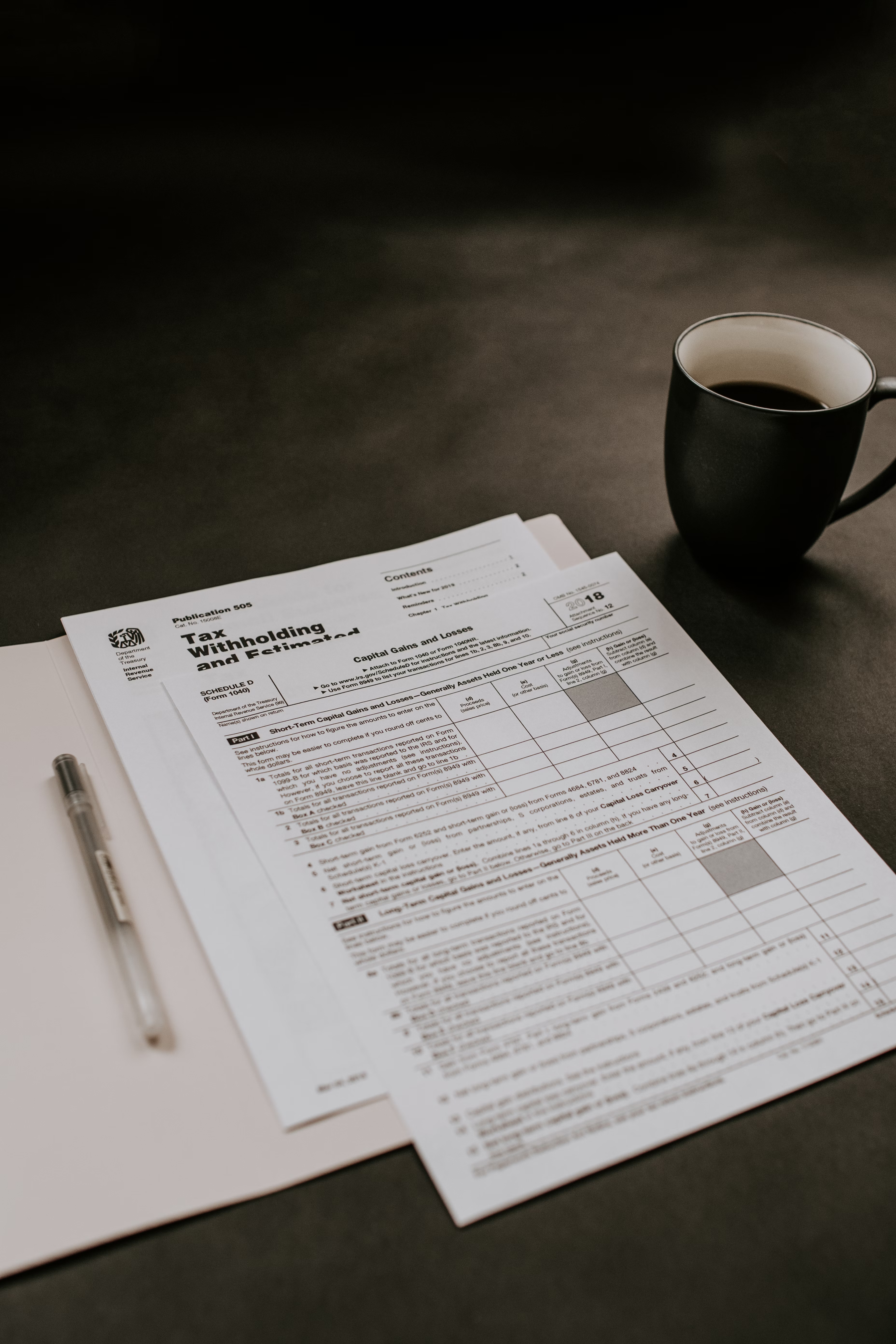Navigating the Gig Economy: Financial Strategies for Freelancers

Navigating the Gig Economy: Financial Strategies for Freelancers
The gig economy offers flexibility and independence, but it also comes with unique financial challenges. Here's how to thrive:
Master Variable Income Budgeting
Create a budget based on your lowest-earning months. Allocate excess income in high-earning periods to savings and investments.
Build a Robust Emergency Fund
Aim for 6-12 months of expenses saved, given the unpredictable nature of freelance work.
Prioritize Retirement Savings
Open a Solo 401(k) or SEP IRA to secure your financial future without employer-sponsored plans.
Manage Taxes Proactively
Set aside 25-30% of your income for taxes and make quarterly estimated tax payments to avoid penalties.
Diversify Your Income Streams
Explore multiple gigs or passive income sources to create financial stability.
Remember, financial success in the gig economy requires discipline and planning. What strategies work best for you? Share your experiences in the comments!